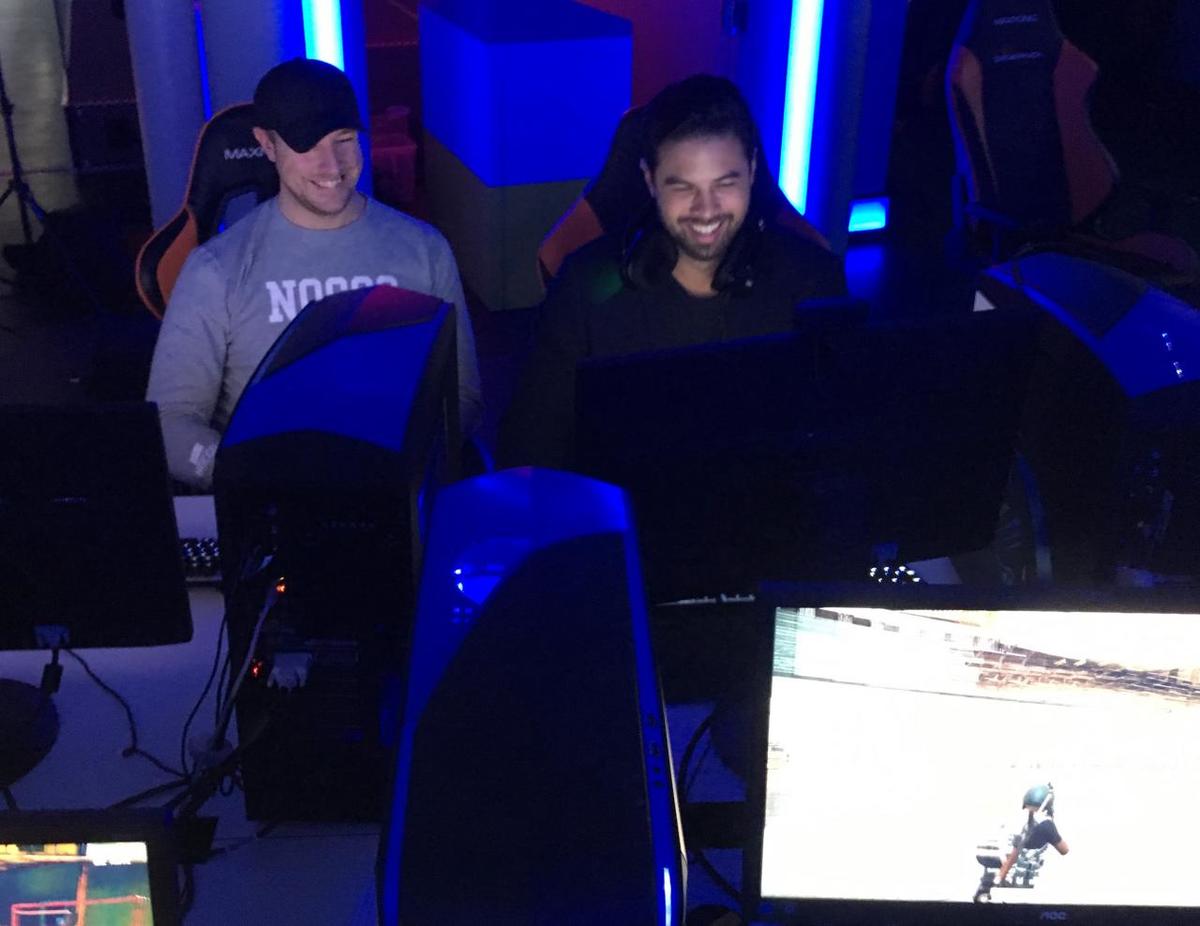While the legal system in Sweden protects children from violence in video games, it does not protect them from domestic violence in the real world: Neither witnessing violence, nor being verbally threatened.
The United Nations International ChildrenŌĆÖs Emergency Fund (UNICEF) wanted to draw attention to the issue of children and violence and engage at least 10,000 people to sign a petition to force politicians to act in 2018, an important year for Swedish elections, including the election of MPs to parliament.
║┌┴Ž╔ńcreated ŌĆ£Violence of RealityŌĆØ, a video game based on the testimonials of children who have experienced domestic violence. In the game, players become a child trapped in an apartment at night, surrounded by domestic violence. Through this virtual experience, people were actually able to live the childrenŌĆÖs point of view on violence first-hand. The game is played through modern browsers using WebGL and features the voices of nationally acclaimed Swedish actors. At the end of the game, players are asked to sign the UNICEF digital petition. At the end of the campaign, ║┌┴Ž╔ńsent the petition to politicians so that one day, protection wonŌĆÖt just be a game.
Ultimately, our targets were politicians and other influential stakeholders. However, in order to reach them, the campaign had to address anyone aged 18 and over. We developed a short teaser film to publicize the gameŌĆÖs message. We also created social media content and organized a live stream Twitch session with some of the worldŌĆÖs most famous gamers. We also helped people send open letters to politicians via Twitter to demand legal change. We conducted media outreach, targeting national media and the gaming community to reach a new, younger audience.
The game was a conversation starter for UNICEF, with relevant engaging content used to foreground the problem. By guiding players to sign a digital petition urging politicians to act, we got everyone talking about the game and politicians were sitting up and taking notice. It was an eye opener both to politicians and to the wider public, questioning our skewed sense of violence in games versus IRL (in real life).

THE IMPACT
- In the campaignŌĆÖs first 24 hours, more than 500 people played the game.
- SwedenŌĆÖs most popular morning television show talked about the initiative and tested the game on air.
- The campaign earned more than 30 million interactions in traditional and social media.
- More than 26,000 people signed the petition (2.6 times more signatures that the goal of 10,000).
- Politicians from the Swedish Liberal party and the Social Democrats also answered UNICEFŌĆÖs demands and spoke about the initiative on social media.
- The Swedish Government is now exploring ways to make all violence against children punishable by law.




